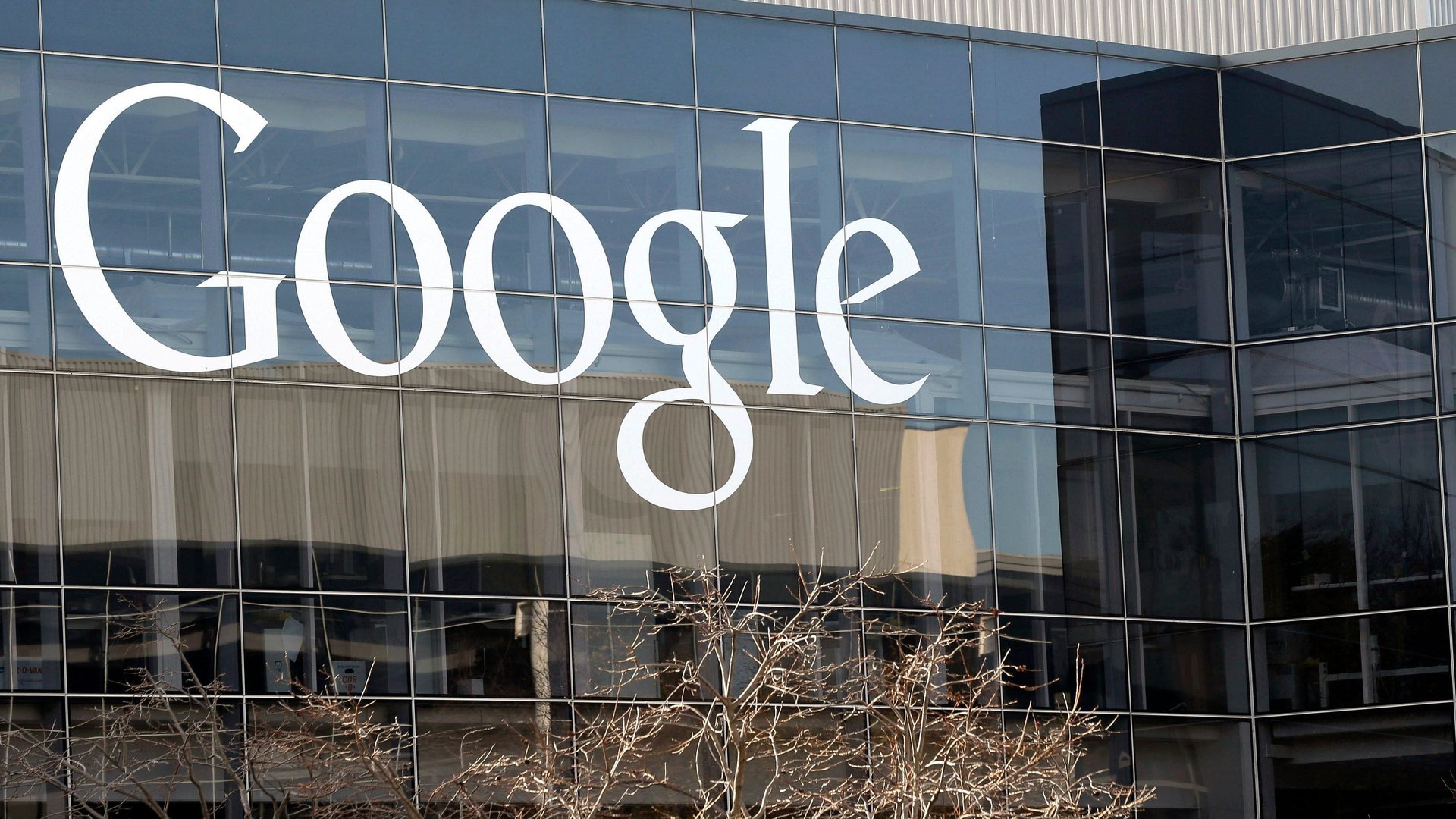What Google’s walkout means for workplaces everywhere
Google employees have begun a global walkout today, demanding that the company address issues around its treatment of women and specifically of sexual harassment allegations.


Google employees have begun a global walkout today, demanding that the company address issues around its treatment of women and specifically of sexual harassment allegations.
But the biggest potential impact of the walkout won’t be on Google. It will be in providing precedent and a framework for change to the thousands of other companies globally where discrimination is still rife, pay gaps even more egregious, and workers less able to articulate their experience. The highly visible nature of the walkout might embarrass Google’s leadership into action, but a deeper and much more important consequence will be if it becomes a blueprint for those who are oppressed and silenced by other, more sinister, and more deeply ingrained toxic workplace cultures.
Certainly, what staff are protesting at Google is valid. The spark for the walkout was a series of revelations in a New York Times investigation (paywall) about sexual harassment at the company. Included in the report was the allegation that Andy Rubin, the so-called ‘father of Android,’ left the company after he was accused of sexual misconduct, and was handed a $90 million package on his way out. He denies the allegations. The article details a number of other cases in which, it says, women were silenced and men who had been accused of and in some cases admitted to misconduct were rewarded.
In its wake, Google CEO Sundar Pichai revealed that 48 people had been fired in the last two years over sexual misconduct at the company. Yesterday, the director of Google parent company Alphabet’s X division, Richard DeVaul, also named in the NYT report, resigned.
The co-ordinated walkout, which Pichai expressed support for this week, began in Asia, will continue at Google’s European offices, and ends at US sites later today. Those taking action have a list of demands. Here’s how workers at other companies could adapt them:
An end to forced arbitration in cases of harassment and discrimination. A common clause in Silicon Valley contracts, forced or mandatory arbitration obliges disputes to be handled internally with no recourse, for example, to the courts. The #MeToo movement began to chip away at the strength of non-disclosure agreements. A movement to break forced arbitration so that it is no longer an effective silencer could be next.
Commitment to end pay and opportunity inequality. Google still pays its men more, on average, than its women. The gender pay gap is at least now the subject of international scrutiny, and those working towards its eradication are now armed with data. But change is happening at an extremely slow pace.
A publicly disclosed sexual harassment transparency report. Arguably every company should have one.
A clear, uniform, globally inclusive process for reporting sexual misconduct safely and anonymously. People who suffer from sexual misconduct don’t find it easy to report the incidents, because companies often don’t make it easy. Human resources departments—like Google’s—are coming under increasing scrutiny for their handling of such instances and need specific training if they’re to remain, in many cases, the first port of call.
The elevation of the chief diversity officer to answer directly to the CEO, and make recommendations directly to the board of directors. For other companies: The requirement to employ a diversity officer in the first place.
The appointment of an employee representative to the board. This is a good idea, but the person chosen would need to have questions of diversity at the focus of their work, and might need specific training.
The revelations are particularly stinging because of how much Google has talked about and examined issues of inclusion, diversity and fairness internally. The company is primed for change because it is so publicly scrutinized, and because top management has signaled a willingness to do so. But if the global walkout is to have a real impact, it will be beyond the borders of the Google campus.